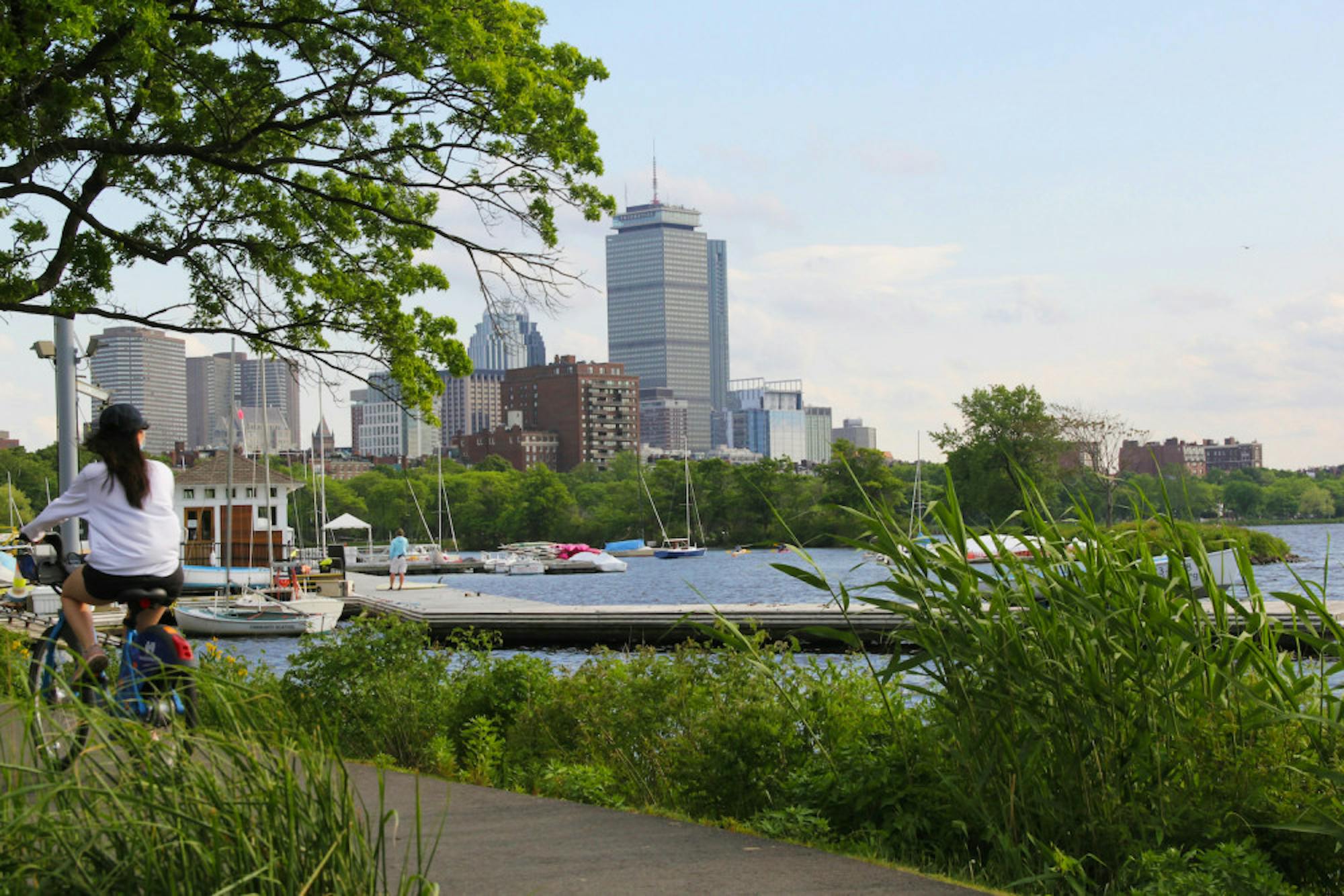I came to Tufts excited to be in a city with real public transportation. Coming from a Los Angeles suburb, just about anything — even the failing MBTA — was a step up from what I was used to back home. Now, I use the T all the time to get to work or just to explore, and it shocks me to see how little some of my friends use it. My exploration of the Greater Boston area introduced me to a great variety of people, ideas and places that I never would have encountered at home without a car.
The Tufts Mission and Vision states that Tufts’ education is meant to mold us into “active citizens of the world,” but it’s hard to do that if we don’t seek out experiences different from our own. Many of us want to do meaningful work after graduation, to solve some of our world’s biggest problems, and our time here at Tufts will inform the approach we take to do so. We are lucky to have world-class scholars here at Tufts, but an education is so much more than the classes we take and the clubs we join. Yes, our classes can be informative in teaching us about the world, but if we never see these problems as anything beyond just academic exercises, we can never hope to address them completely and equitably.
Many Tufts students, like myself, are fortunate enough to come from wealthy suburbs far removed from the worst of our nation’s social problems. For example, we can conceptually understand how the impacts of pollution in environmental justice communities lead to racial disparities in health outcomes, but those statistics are just numbers until we give them a human face. These problems aren’t just different colored pie charts on a study guide for a midterm, they are the lived experiences of hundreds of thousands of people across the nation and right here in Greater Boston. This is one of Tufts students’ biggest failings. We learn about issues in the classroom but too often fail to recognize that these problems exist outside of the classroom as well. For those of us without lived experience, it is up to us to seek out real-world examples so that we might learn from them and get a better understanding of the issue than a lecture could ever provide.
Tufts’ location in Greater Boston provides an excellent backdrop for an education outside of the classroom. Boston is an incredibly unequal city. A study conducted by the Federal Reserve Bank of Boston in 2015 found that the median net worth of Black families was just $8 while for white families, it was nearly $250,000. This staggering disparity is impossible to comprehend if the farthest we venture from home or campus are the brick-lined streets of the Back Bay or North End. And while we can look at all the data in the world, nothing comes closer to a personal understanding of inequality than actively seeking out the evidence and internalizing it.
I, alongside academics and policy wonks alike, cheered on Mayor Wu’s pilot program to make the 23, 28 and 29 buses free for two years. The data suggests that thiswould save the primarily Black and Brown residents along those bus lines money and hasten commute times by cutting down on bus delays.
It’s one thing to read an article about the benefits of this program but a completely different thing to ride the bus lines for yourself, make observations and compare it with your experiences on other lines. I did just that, and in conversations I had with people at the bus stop, I heard stories of one family’s basement which flooded every time it rained and of people whose elderly grandparents couldn’t rest because the commuter rail sped through their backyard every hour.
For people like me who want to go into careers that make the world a better place, this sense of radical empathy is critically important. It’s through conversations like these that radical empathy is fostered. With the completion of the Green Line Extension, it’s even easier to get around. Jumbos, there’s no better time than the present to get out there and explore everything that Greater Boston has to offer. It’s fun, I promise.






